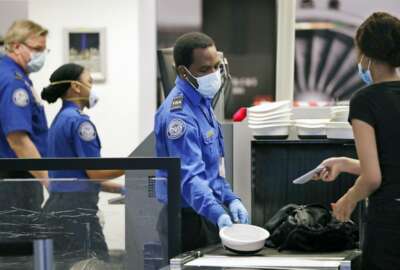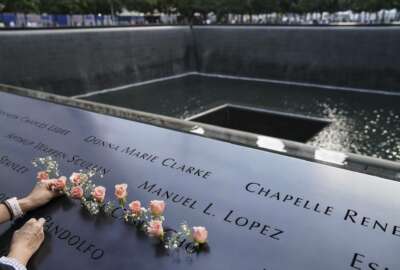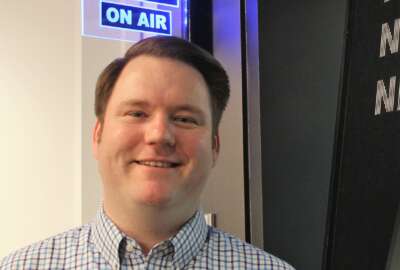A Tuesday like no other: Feds recall shock of 9/11
Federal News Network asked readers who were in federal agencies that day to share their experiences of 9/11, in honor of the 20th anniversary on Saturday.
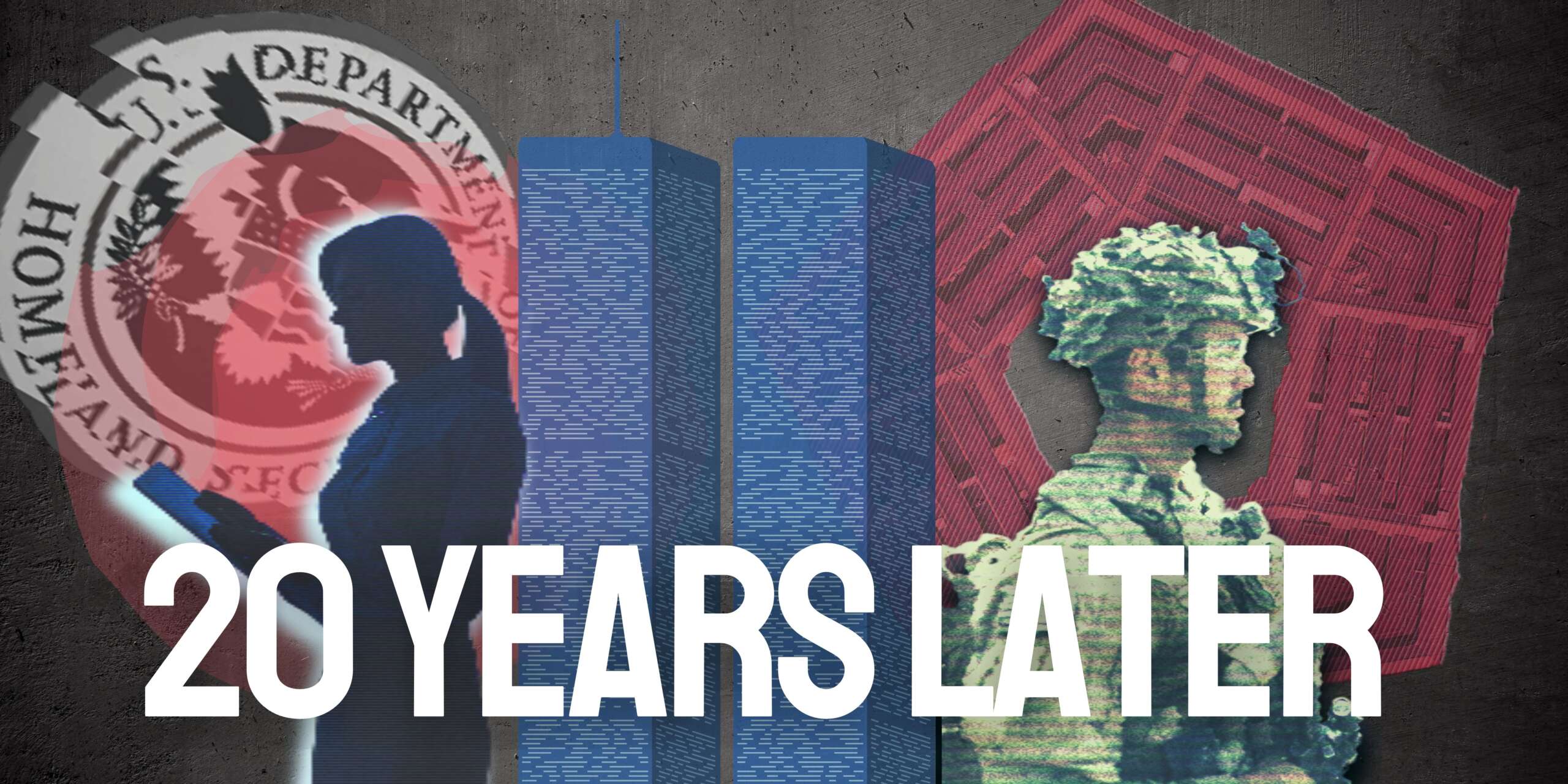
Two decades ago, what began as an unremarkable Tuesday for federal employees quickly changed into an historic event like never before, and the country was never the same. Every agency was affected by the events of Sept. 11, 2001, and their workers impacted both directly and indirectly. Federal News Network asked readers who were in federal agencies that day to share their experiences of 9/11, in honor of the 20th anniversary on Saturday. Below is a selection from feds around the country who remember the initial moments, the aftermath, and what it meant as they continued in government service.
“I was driving to work at the Post Office and heard them talking on the Howard Stern (radio) Show about a plane hitting the World Trade Center. At work, the TV on the workroom floor was on – which was unusual (it was only used for training videos) – and everyone was transfixed. I was working the retail window, and customers coming in would update us on the news: the Pentagon being struck, the plane going down in Pennsylvania, rumors about the Capitol and White House being targeted, reports of calls from passengers in the doomed planes, speculation regarding the whereabouts and safety of the president, etc. In slow times, we would peek back at the TV. I actually saw the Towers going down. It was all anyone could think about or talk about. We were all horrified, and very afraid, in a state of shock, really. ” — Phyllis Isaacs, USPS, Texas
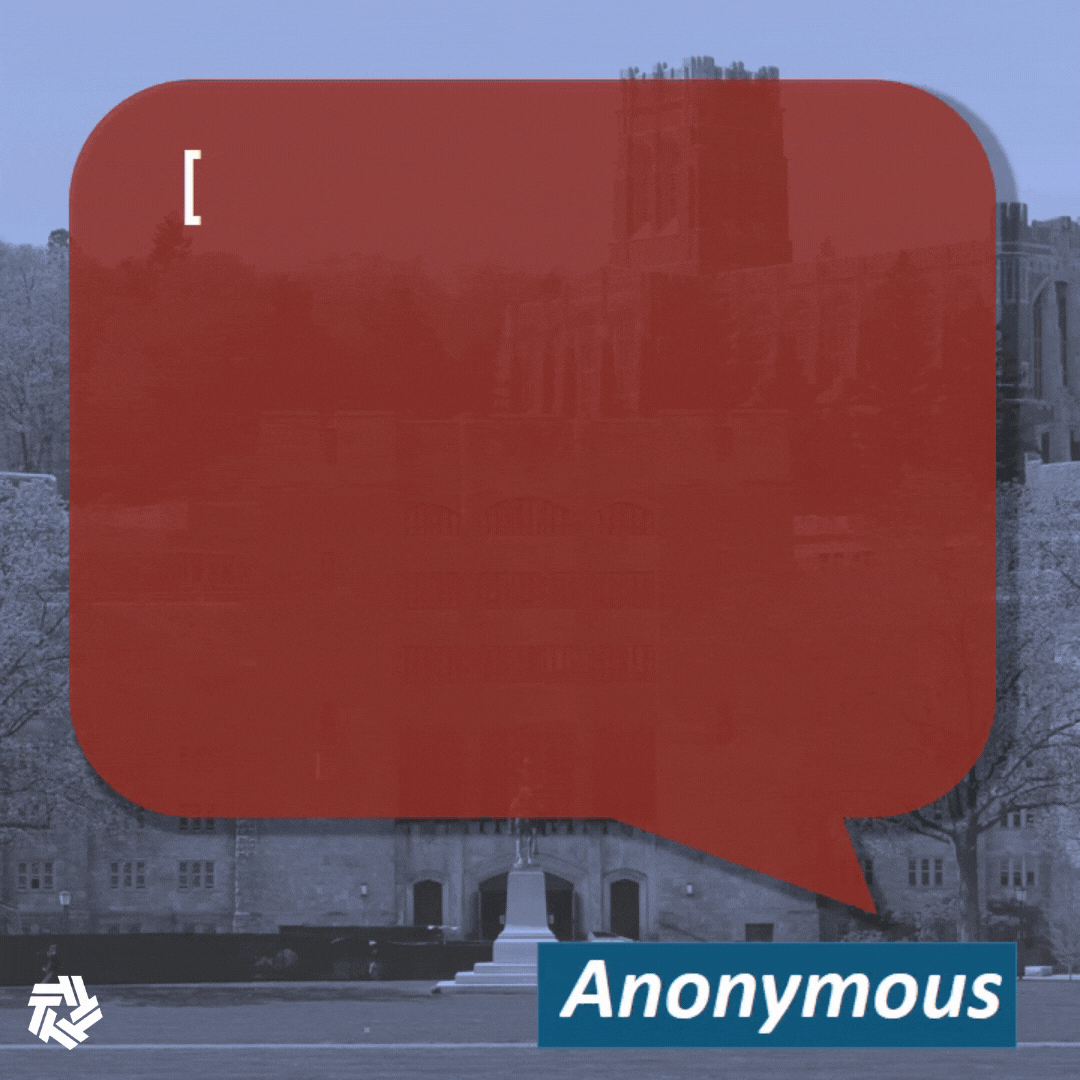
“I was already at work at the Plant Epidemiology and Risk Analysis Laboratory [USDA, APHIS] in Raleigh, North Carolina, that morning. The suite’s administrative officer asked me and others to come to his office. He had a small television playing and had just been informed of the first strike. We stood and watched in shock as events continued to unfold. The AO told the laboratory director that any meaningful work was unlikely to get done that day. Performing risk analyses of fruits and vegetables suddenly seemed unimportant.” — Jim S., (retired) USDA-APHIS-PERAL
“We were scheduled to start late [morning], and I was at the office preparing when the news of the first [World Trade Center] tower came in, followed quickly by the plane hitting the Pentagon. I saw the building in flames from the 10th floor of the New Executive Office Building — we quickly had to evacuate, all of [the Office of Management and Budget] descending down stairwells and into the streets that were full of government and other office workers wandering about, with little to no cell service, looking nervously at the sky … I immediately headed to the [Council for Excellence in Government] office several blocks away, knowing that there were several chief information officers from other nations who needed assistance. Joiwind Ronen paired me up with Canadian CIO Michelle D’Auray and along with Bill Eggers we walked with Michelle through crowds and street closures until we reached the Canadian Embassy … where she stayed until it was safe to return home.
“I then had to figure out a way home, and happened to be walking by the Labor Department when Deputy CIO Laura Callahan was exiting the parking garage. Laura graciously offered to drive me to upper Northwest D.C., from where I walked to Bethesda, Maryland, and later reunited with my wife who had picked up our two young daughters.” — Dan Chenok, formerly of OMB and now at the IBM Center for the Business of Government
“I was buying a piece of fish when I heard the news. Having just moved from California to Maryland, we had been staying with my husband’s boss and his wife for a week, and I was going to fix them dinner before we moved into our new apartment on Sep. 12. All I knew of the area at that point was that my husband could easily walk to the Capitol and see it from his office windows. The news was on the television at the store, and everyone was glued to it, in total shock, thinking that the Capitol would be hit next. No cell phones. I could not get through to his office phone. It was an agonizing few hours before I finally heard from him. ‘I’ll be there soon. They’re sending us all home now. I’m OK.’ I don’t even remember if I bought that piece of fish.” — Melissa Beaudry, NOAA
“I was a civilian supervisor at Travis Air Force Base. During my career I always went to work at least an hour or two early. On 9/11 I was at work when I got a call to turn on the TV. I saw the repeat of the first plane crash into the twin tower. I just assumed it was a replay of the old accident where a plane [a B-25 Air Force bomber] crashed into the Empire State building in the 19[40s]. But when the second plane crashed into the building I knew we were in for trouble. Soon the base was locked down and in addition we were barred from leaving our building. If we hadn’t had a master sergeant that was brave enough to go out and buy us food to cook for lunch some of my employees would have starved. We were allowed to go home on time; I suspect this was mostly so that they wouldn’t have to pay civilians overtime.” — John Minker
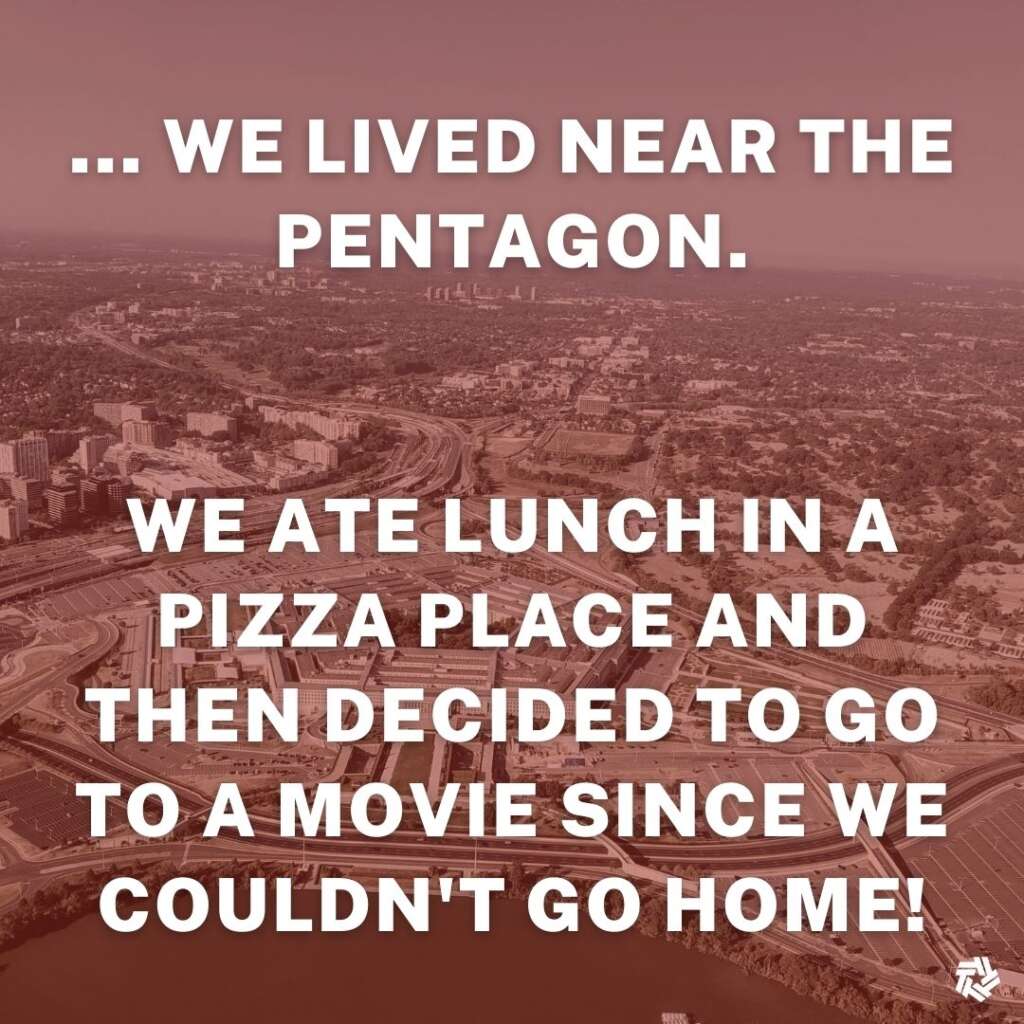 “I am a fed now but on Sept. 11 I was a contractor working for USAID in the Ronald Reagan Building. Everyone gathered in a conference room to watch the news. I saw a replay of the first plane hitting the tower and then to our horror, we saw the second plane hit live on television. I called my husband on the landline to tell him I was OK. A few minutes later we were told to evacuate the building. I figured I’d call my husband on my cell phone once I left the building — bad mistake since no cell phones were working. We were told, falsely, that the Metro was not operating, so I walked from Federal Triangle to Rosslyn where my husband worked. We tried to drive home, but our neighborhood was cordoned off since we lived near the Pentagon. We ate lunch in a pizza place and then decided to go to a movie since we couldn’t go home! The first theater we went to was closed but we found another one. I have no idea what movie we saw that day.” — Jennifer Gelman
“I am a fed now but on Sept. 11 I was a contractor working for USAID in the Ronald Reagan Building. Everyone gathered in a conference room to watch the news. I saw a replay of the first plane hitting the tower and then to our horror, we saw the second plane hit live on television. I called my husband on the landline to tell him I was OK. A few minutes later we were told to evacuate the building. I figured I’d call my husband on my cell phone once I left the building — bad mistake since no cell phones were working. We were told, falsely, that the Metro was not operating, so I walked from Federal Triangle to Rosslyn where my husband worked. We tried to drive home, but our neighborhood was cordoned off since we lived near the Pentagon. We ate lunch in a pizza place and then decided to go to a movie since we couldn’t go home! The first theater we went to was closed but we found another one. I have no idea what movie we saw that day.” — Jennifer Gelman
“I was at work in the Library of Congress on 9/11. As crazy as it sounds now, we employees were not permitted to leave at first because a higher-up with military experience felt that snipers might be present. From the upper floor of the Madison Building we could see the Pentagon burning. Outside, the Capitol Police formed a human defense perimeter around the Capitol. Heroic Metro drivers ferried frightened, sweaty people away from the epicenter of government but kept returning for more passengers. Some of my colleagues walked home to Silver Spring. Others saw bloodied and stunned people walking to Arlington. The next day I was determined to go to work to do my minuscule part in keeping the federal government open. On my lunch break I walked to the deserted Mall and passed the closed great doors of the National Gallery of Art. I saw a lone bagpiper, whose music wafted over the Mall, expressing the sorrow, tragedy and grief that our country was experiencing.” — Judy
“On 9/11, I was in heavy traffic on I-270. When the radio announcer on WTOP said a plane had hit the towers, I thought, ‘No big deal. It’s happened before.’ But I called my brother in upstate New York anyway. He was watching live. When he described what was happening as I reached my job, I went numb. My dad was a Capitol Police captain. I had family members working at the Pentagon but my immediate thought was for my sister. As far as I knew she was still working at the MetLife building on the campus of the World Trade Center. My boss said we needed to work. I ignored him and located my family — all safe. But I’m a veteran, I knew what came next: Horror, tears, pain.” — Dianne Downs, VA
“My wife called me twice at my desk to tell me about each of the two planes hitting the World Trade Center. I told my boss, Tony Costa, the regional head of the [General Services Administration’s] Public Buildings Service, covering the Washington, D.C., metro area. He immediately convened a meeting of the senior managers to make sure that we had clearly established procedures for shutting down our 1 million square feet of buildings in case this was so ordered, and he said we would meet again every hour to coordinate what more needed to be done. He also directed that we keep open a direct line to the Federal Protective Service. By the next meeting, the Pentagon had been hit, so Tony directed our liaison staff with the Department of Defense to start working on establishing temporary relocation space for displaced Pentagon staff. They set to work as we continued to monitor the situation, shut down our buildings, and make them secure.
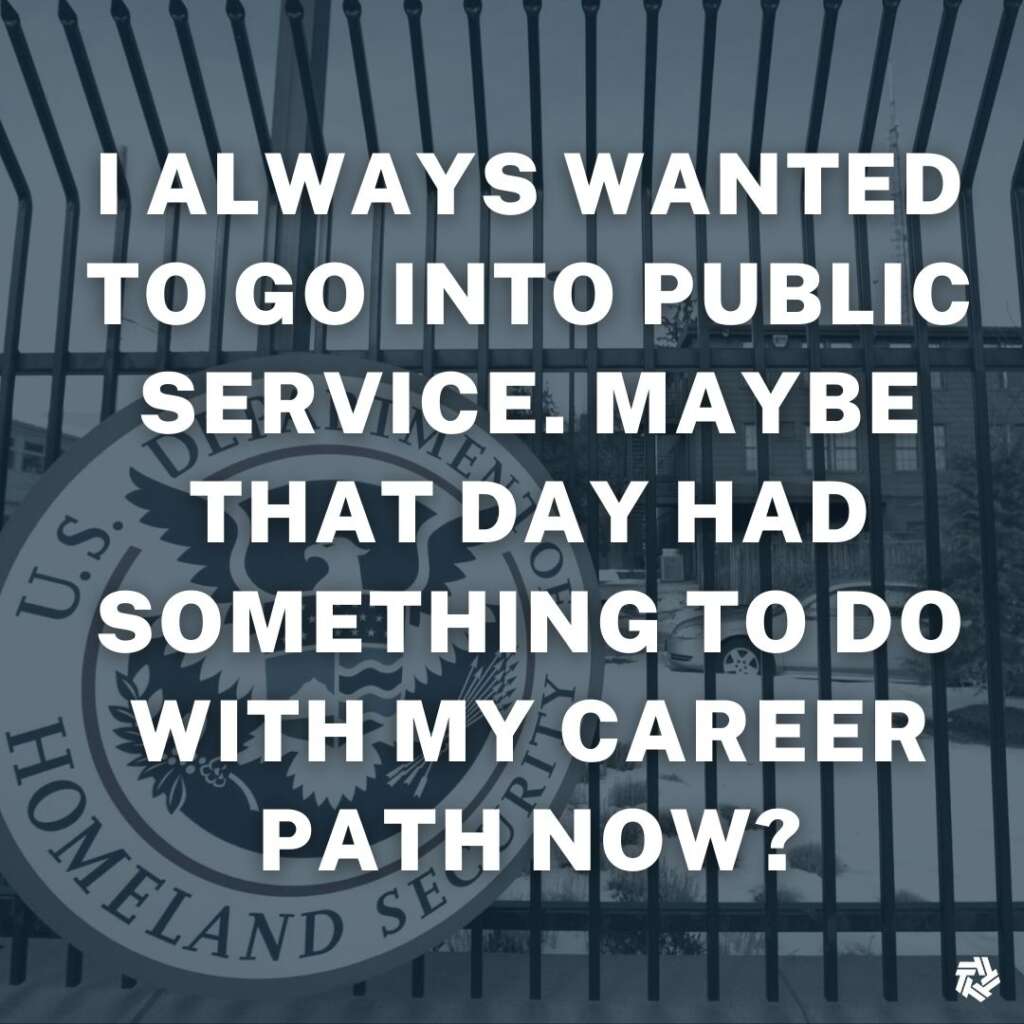
“Within two weeks, we had 800,000 square feet of space ready for occupancy in Crystal City. Unfortunately, DoD would not let us publicize this accomplishment because they did not want the public to know how much space had been lost.” — Michael McGill, (retired) General Services Administration
“When 9/11 happened, I was 12 years old. I attended a elementary school in Brooklyn, New York. When the first plane hit, I was in between classes, the principal of our school told us to return to our homeroom class. We did as we were told and listened to the attacks happen on a FM radio that our science teacher brought in. One by one throughout the day, myself and other classmates were taken out of our class by our parents. I will never forget that day. Fast forward 20 years later, I am actually a 32-year-old federal employee in [the Department of Homeland Security]. Thank God, I didn’t lose anyone in the attack but I find it ironic and somewhat coincidental that I am now a federal employee with DHS. I always wanted to go into public service. Maybe that day had something to do with my career path now? I will always honor those heroes of that day!” — Christian Durante, DHS
Copyright © 2024 Federal News Network. All rights reserved. This website is not intended for users located within the European Economic Area.



